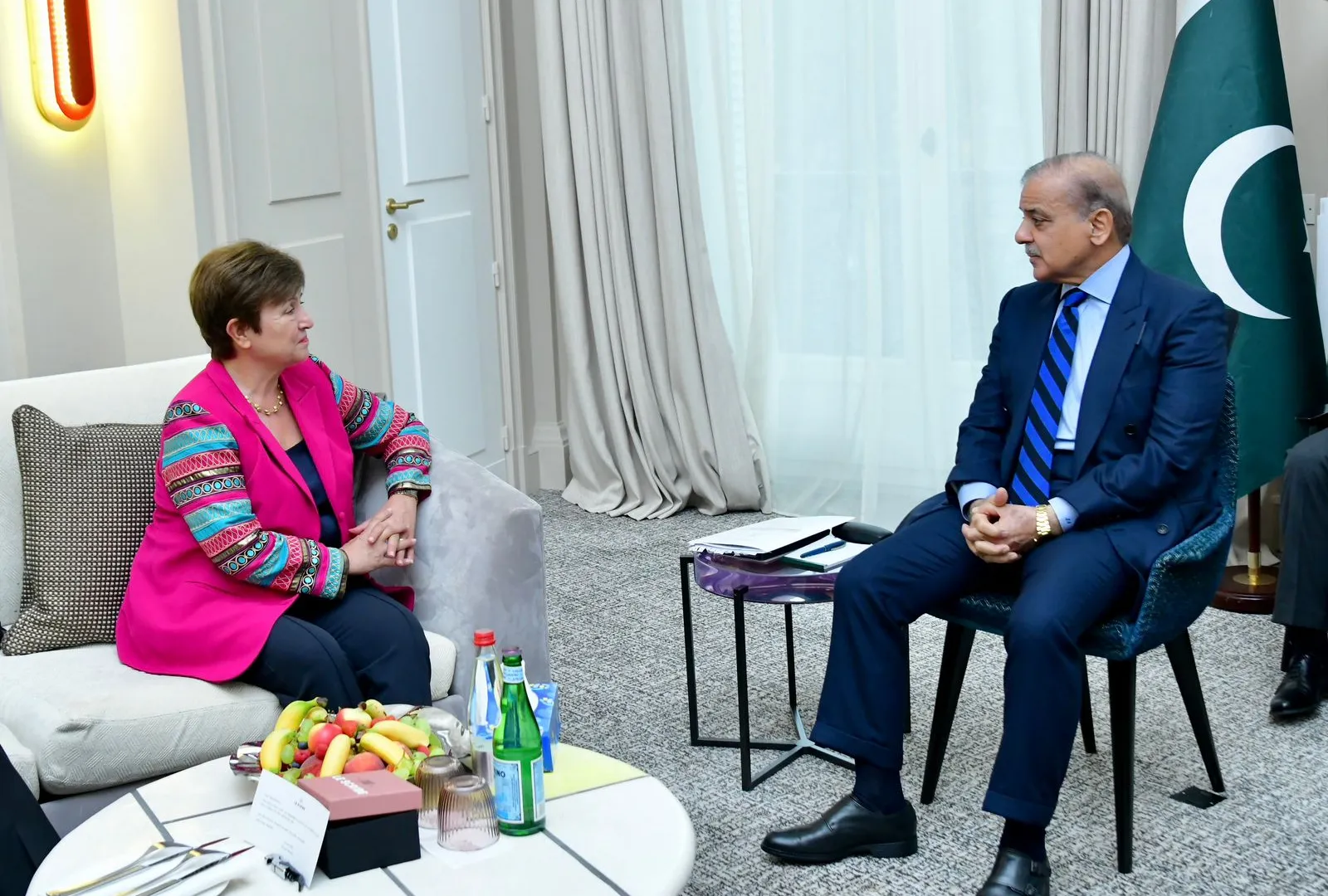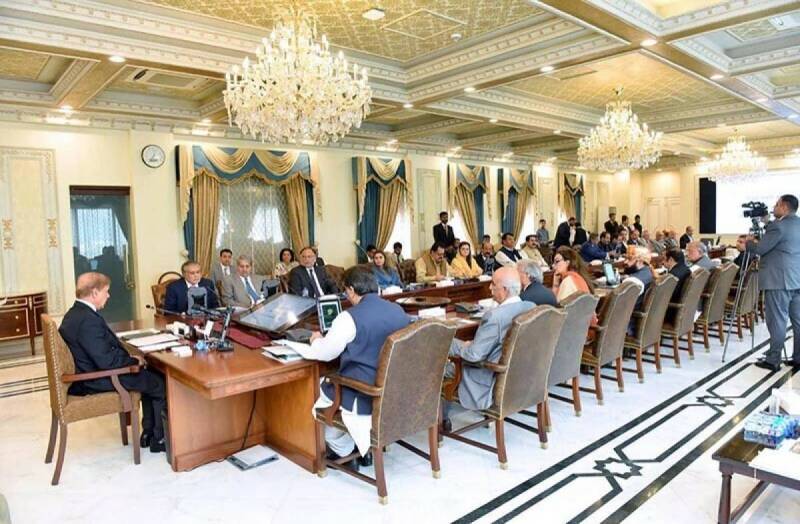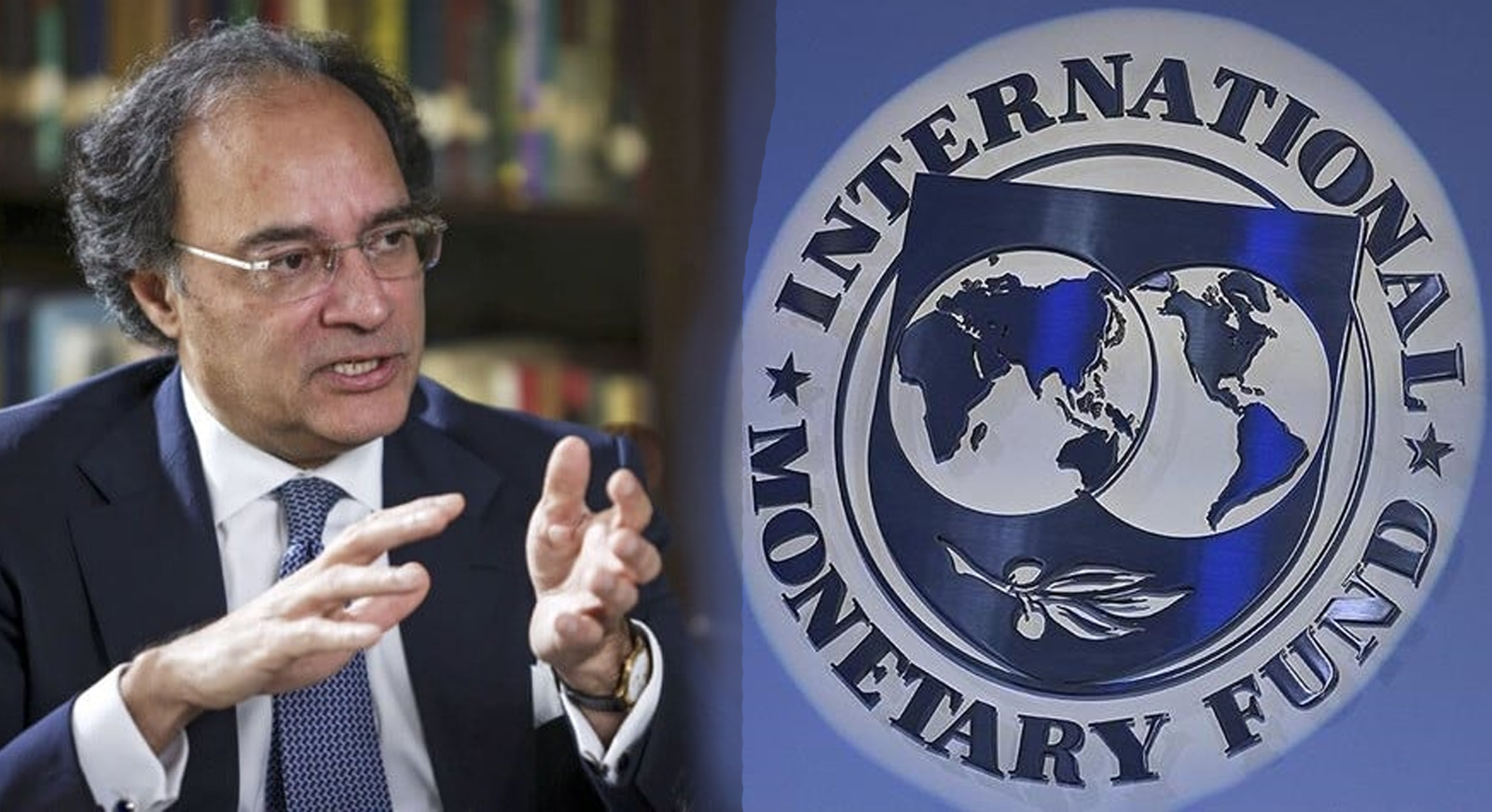Pakistan Tehreek-e-Insaf (PTI) leader Zain Mehmood Qureshi has disclosed that the party’s strategy to manage emergency situations effectively countered the government’s legislative agenda in the National Assembly.
This strategy, devised to monitor legislative proceedings, particularly focused on potential bills involving judicial reforms. According to Qureshi, the plan was spearheaded by Barrister Gohar, who played a key role in ensuring that PTI members remained vigilant during crucial parliamentary sessions.
Qureshi elaborated that Barrister Gohar had independently decided to take action within the Parliament premises, which eventually led to his arrest. Despite this setback, Gohar’s strategic guidance was instrumental in maintaining PTI’s oversight of government moves. “If they bring legislation tomorrow, someone needs to be inside the parliament to count the numbers,” Qureshi quoted Gohar, explaining the importance of staying inside Parliament during potential legislative activity.
The PTI’s concerns were mainly focused on a possible bill involving a judicial package, which was rumored to be presented in the National Assembly. Qureshi expressed fears that the ruling government might prevent PTI members from attending the session, leaving them unable to contest or review the legislation.
To ensure they could track government votes, a select group of PTI members, including Zain Qureshi, were assigned to monitor parliamentary proceedings. They remained inside Parliament to observe and verify the numbers during voting sessions. Qureshi explained that the PTI feared the ruling government was falling short of the required votes for certain bills.
“They don’t have the numbers. They are 12 votes short, with only 210 votes,” Qureshi claimed, suggesting that the government lacked enough support to pass its legislative agenda. He further added that Maulana Fazlur Rahman, a prominent leader of the Jamiat Ulema-e-Islam-Fazl (JUI-F), had refused to back the government, which weakened their standing even more. According to Qureshi, this left the government in a precarious position regarding their legislative proposals.
Qureshi also accused the government of manipulating numbers, stating, “This is a government that came into being on form 47s,” alluding to electoral discrepancies and the legitimacy of the current administration.
During a PTI parliamentary party meeting, a decision was made to establish a seven-member committee to oversee the government’s voting numbers in Parliament. This committee, chaired by Barrister Gohar, included prominent PTI figures such as Omar Ayub, Zartaj Gul, Hamid Raza, and Sheikh Waqas Akram. The committee’s primary role was to monitor government attendance and ensure that PTI could prevent any controversial legislation from being passed without scrutiny.
The decision was taken to limit the number of PTI members attending Parliament sessions, with only these seven members remaining in attendance to ensure a focused effort. Other party members were instructed to stay away, preventing any unnecessary complications or distractions during the proceedings. This strategy allowed PTI to keep a close eye on the government’s voting strength without exposing more of its members to possible detention or obstruction.
Despite the ongoing political tensions and numerous terrorism-related charges faced by PTI leaders, Qureshi emphasized that the party was not deterred. “We are not afraid and will continue with our plan,” he declared, underscoring PTI’s commitment to challenging the government’s legislative agenda.
The arrests of PTI leaders, including Barrister Gohar, highlight the increasing legal pressures on the party. Yet, PTI remains steadfast in its efforts to maintain a presence in Parliament and monitor the government’s moves, particularly regarding sensitive legislation such as the rumored judicial package.
Qureshi also alluded to the government’s strategy to suppress PTI participation in parliamentary sessions by restricting their members’ access. However, PTI’s decision to stay focused and maintain a smaller, core team inside Parliament ensured they could continue monitoring the situation closely.




